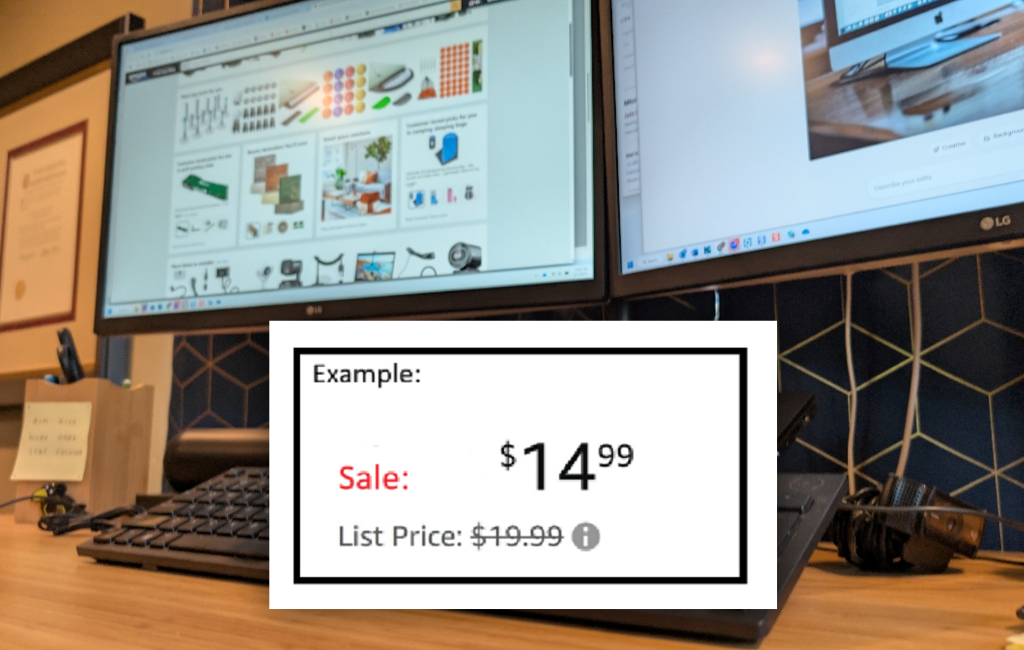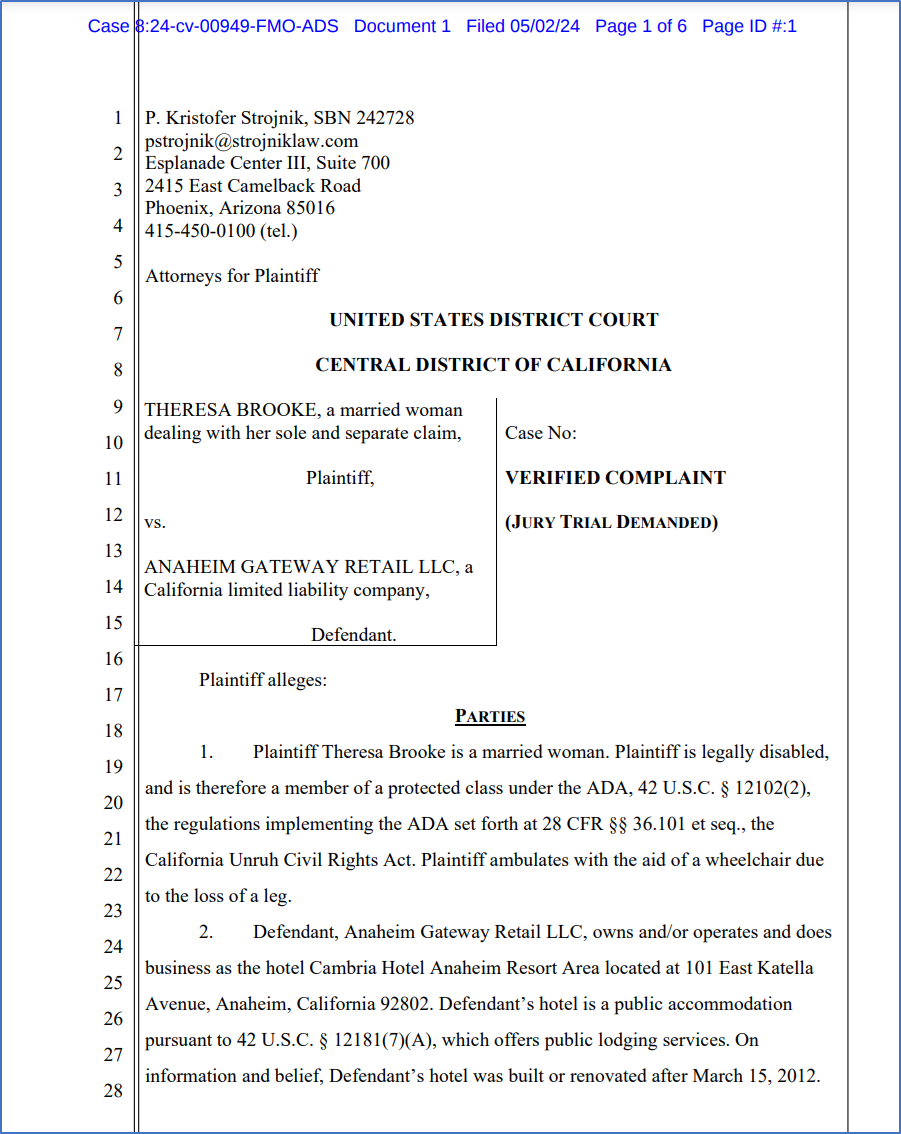For businesses relying on email marketing, California’s regulatory environment is fraught with pitfalls. Unsolicited commercial emails, or spam, have been a focus of state enforcement for years, but a recent uptick in demand letters from firms like Pacific Trial Attorneys is escalating the risks. These pre-litigation notices, often penned by Scott J. Ferrell, Esq., allege violations of Business & Professions Code § 17529.5 through deceptive headers, subject lines, and domain uses. With strict liability and liquidated damages up to $1,000 per email—no intent or actual harm required—even modest campaigns can lead to multimillion-dollar exposure. If your business has received a Pacific Trial Attorneys anti-spam demand letter, prompt action is essential to resolve the claims before they are filed as a class lawsuit.
California’s Anti-Spam Law: A Strict Framework for Email Compliance
Enacted to curb deceptive online advertising, Business & Professions Code § 17529.5 prohibits unsolicited commercial emails containing false or misleading information, particularly those sent from or to people in California. Unlike the federal CAN-SPAM Act (which emphasizes opt-outs and is mostly enforced by agencies), California’s law grants private rights of action, enabling class action lawsuits with hefty penalties. Practices that create legal risk include:
 ADA Compliance and Defense Blog
ADA Compliance and Defense Blog



